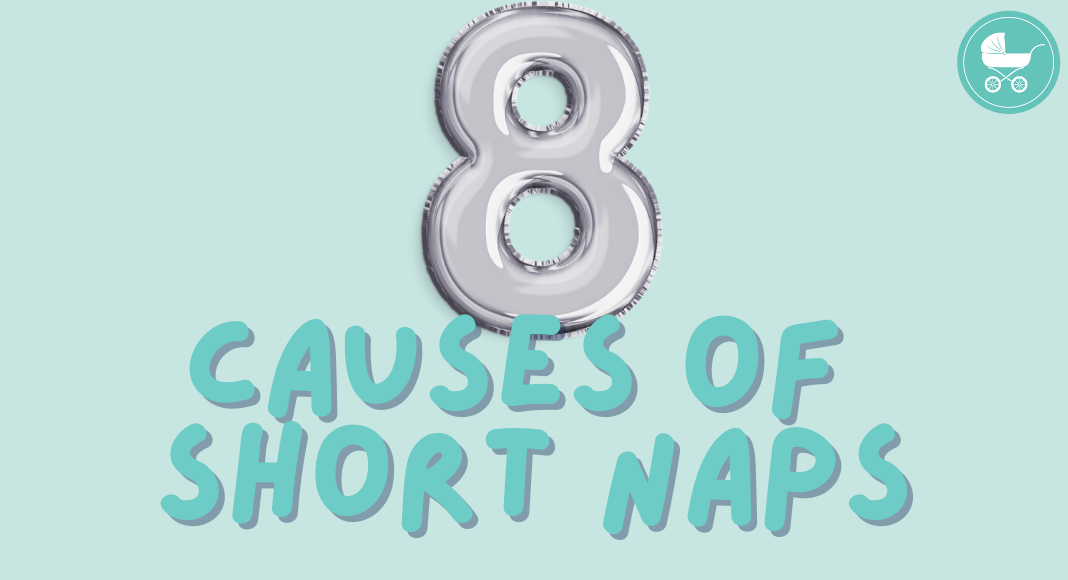
September 3, 2022
What is the saying? “The days are long, but the years are short.” This statement rings true with so many parents, but especially when your day is starting at 5am due to an early riser! It is exhausting, can be frustrating, and also, super common! Before going through every tip or trick in the book, there are a […]
All About Early Wakings
What is the saying? “The days are long, but the years are short.” This statement rings true with so many parents, but especially when your day is starting at 5am due to an early riser! It is exhausting, can be frustrating, and also, super common! Before going through every tip or trick in the book, there are a few things you can ask yourself that might troubleshoot the reason your child is waking up before you (and they) are ready!
Don’t worry – we will get into the tricks and tips later too!
What time are you putting your child to bed?
- On average, a baby should be sleeping roughly 10-12 hours a night. While 12 hours is the dream, realistically, we typically see about 10-11 hours on average. That being said, if you are putting your baby to sleep at 6:00pm every night, it shouldn’t be a huge surprise if they are waking up between 4-5:00am. In this instance, push back bedtime and adjust their naps in order to eliminate this as a potential issue.
- It is also important to remember that the flip side of this issue could be causing the early wakings as well. If your child is going to bed too late, they will often wake too early and stay in an overtired cycle. It is important to find the right bedtime for your baby and make sure they aren’t making up for lack of night sleep or early rising with their daytime naps. If you find this to be the case, cut the length of the daytime naps and bring bedtime forward to keep them on a balanced schedule and get their 10-12 hours a night.
How are you putting your child to bed?
- Is there something that your child absolutely needs in order to fall asleep? Be it a pacifier, nursing, being rocked or held to sleep. If the answer is yes, then a lot of times, the early morning habits will continue. The reason for this is because children constantly come in and out of sleep cycles throughout the night. When they do, they are looking for that same support from the first round of falling asleep, in order to get back to sleep. This is why helping them learn the skill of self soothing is so important! It eliminates the need for someone or something else to help them fall back asleep, and they can navigate through those sleep cycles on their own.
What is going on with your baby’s internal body clock?
- Has there been a recent regression (growth spurt, teething, illness, etc.) that has now made this early wake up time a new habit? If something has caused a slight regression and the wake up time now seems to happen like clockwork, there are a few things you can do to break this habit and get them back to sleeping to the desired wake up time.
- Keep their room as dark as possible! If a child wakes up, even the slightest amount of light can put them in a wakeful state. The darker the better – invest in blackout curtains and remove all night lights.
- If your child is waking due to hunger and is not ready to drop their night feeding, do your best to keep the room dark and quiet and make the feeding as boring and non-interactive as possible. Once you feed the baby, place them right back to bed so they can put themselves to sleep. If you are ready to end the night feeding, you can begin to wean them from their feedings to take away this wake up.
- Try the “wake to sleep” approach. This is a technique created by The Baby Sleep Whisperer, Tracy Hoagg, as a method to help when a baby is habitually waking during the night, in the early morning, or during their naps. Follow the technique for 3-5 days to see the results!
- Sleep train your child. If you are ready to sleep train, choose a method you feel comfortable using and choose a time you are wanting your child to sleep until. Do your best to stay consistent and work towards this schedule and this goal, but recognize it can take time…so be patient (and call us for help)!
And lastly, a few tips…
- Increase the sunlight your child is exposed to: sunlight helps them sleep better and also helps adjust their biological clocks. Do your best to get outside as often as you can, but early morning and late afternoon are ideal!
- Have them stay in their beds: if you know your child is capable of sleeping until 7:00am, do not reinforce an early wake up habit by getting them out of their bed before that time. If you stick with it and remain consistent, over time, your baby will either fall back asleep or learn to sleep until the later time.
- Take a look at their daily schedule: do not change nap times based on their early wake up time. Stick with your current routine. If you start adjusting your naps to their early wake up, it will then impact their afternoon nap and bedtime and continue the cycle.
- Stay consistent: this is something we repeat over and over, but it is so important. Whatever your approach is, stick with it! If you give in, so will they!
As always, we are here for you. We have been there! If you feel you need any additional help after using all of the above information, contact us! We would love to create a tailormade plan for you and your child to stop their early waking!
Sweet Dreams,
Kate
Certified Baby & Toddler Sleep Consultant
Get instant access to our free sleep class for children from newborn to 5 years old. You will learn how to get your child to sleep independently -- and all through the night!
Get Your Child To Sleep All Night Long in as Little as 7 Days!
join the free class
THE CLASS

